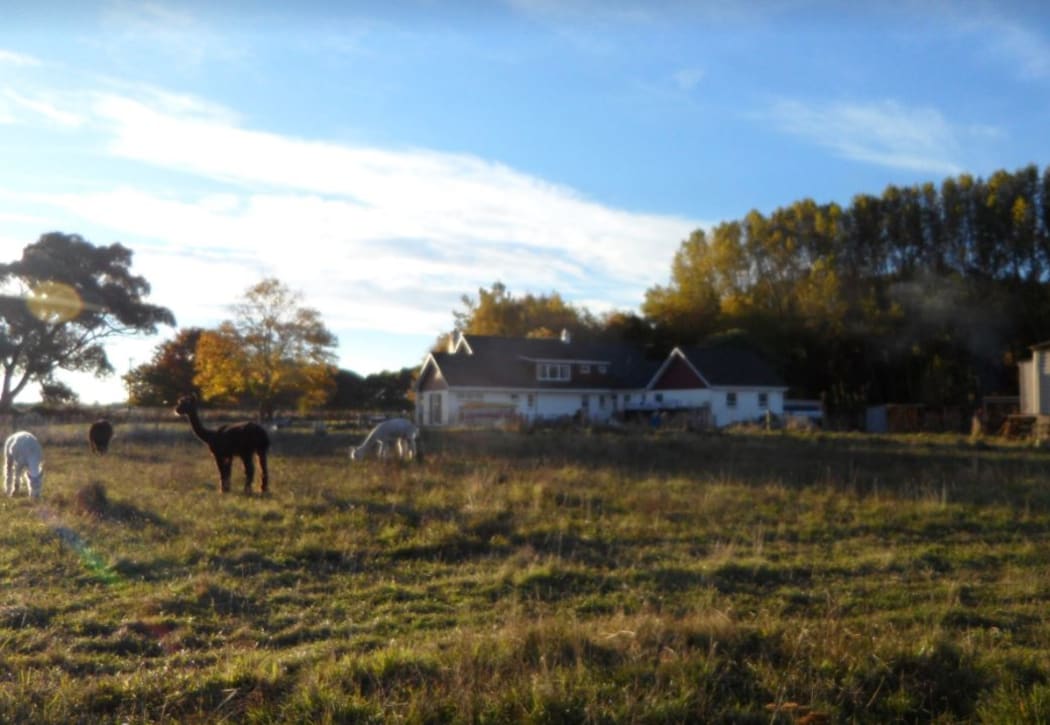An exploitative organic farm near Christchurch was banned from a volunteer network four years before the Labour Inspectorate investigation into it began.

Robinwood Farms in Tai Tapu. Photo: Robinwood WWOOFing farm/Facebook
Workers at Robinwood Farms in Tai Tapu have told the Employment Relations Authority they were hired out for profit, given spoiled meat and food scavenged from supermarket dumpsters to eat, and made to sleep in a storage room.
While no records were kept, the sole director and shareholder Julia Osselton has acknowedged hosting over a 1000 people through her business every year.
Do you know more? Send us an email: iwitness@radionz.co.nz
Labour Inspectorate national manager Stu Lumsden said while Ms Osselton claimed these workers were engaged in a "cultural and skill based exchange" as WWOOFers (Willing Workers On Organic Farms), and not employees.
However, the investigation showed this was "clearly not the case".
WWOOF New Zealand told RNZ Ms Osselton was removed as a host in 2014 after complaints by volunteers.
Its spokesperson Katrin Millener said Ms Osselton attempted to rejoin the organisation under another name in September of that year, but was discovered and her application was rejected.
She was unable to say what the nature of the complaints had been, but said WWOOF had "a robust complaints procedure".
"We were aware that she called herself a WWOOF Farm on Facebook and we have asked her and Facebook to remove the WWOOF reference. This information was sent to MBIE."
However, the Labour Inspectorate did not begin its own investigation until early 2016, acting on a complaint by a client of Ms Osselton's landscaping service who had become concerned that workers were not being paid.
The case was closed after Ms Osselton said they were volunteers and there was no paperwork.
However, an inspector subsequently found job advertisements Ms Osselton had posted on various websites - including Helpx, Trademe and backpacker notice boards - referring to duties, hours of work, and remuneration financially and in-kind.
When interviewed, she claimed the $120 per week payment was for refuelling a farm vehicle the workers used, and said they were volunteers.
Mr Lumsden said the farms had been using volunteer labour since 2013 so potentially thousands of others could have been exploited, although many would have returned to their home countries by now, which would make it difficult for them to pursue a case.
"They can take a case on their own, but they have to have a witness and proof of the time they were there and the hours worked," he said.
"Wherever a worker is being rewarded in a business at whatever level, the Labour Inspectorate's starting position is that these people are employees and minimum employment standards apply."
RNZ has been unable to reach Ms Osselton or Robinwood Farms for comment.
Anyone concerned about their employment situation, or the situation of someone they know, should call 0800 20 90 20 where they can report their concerns in a safe environment.






